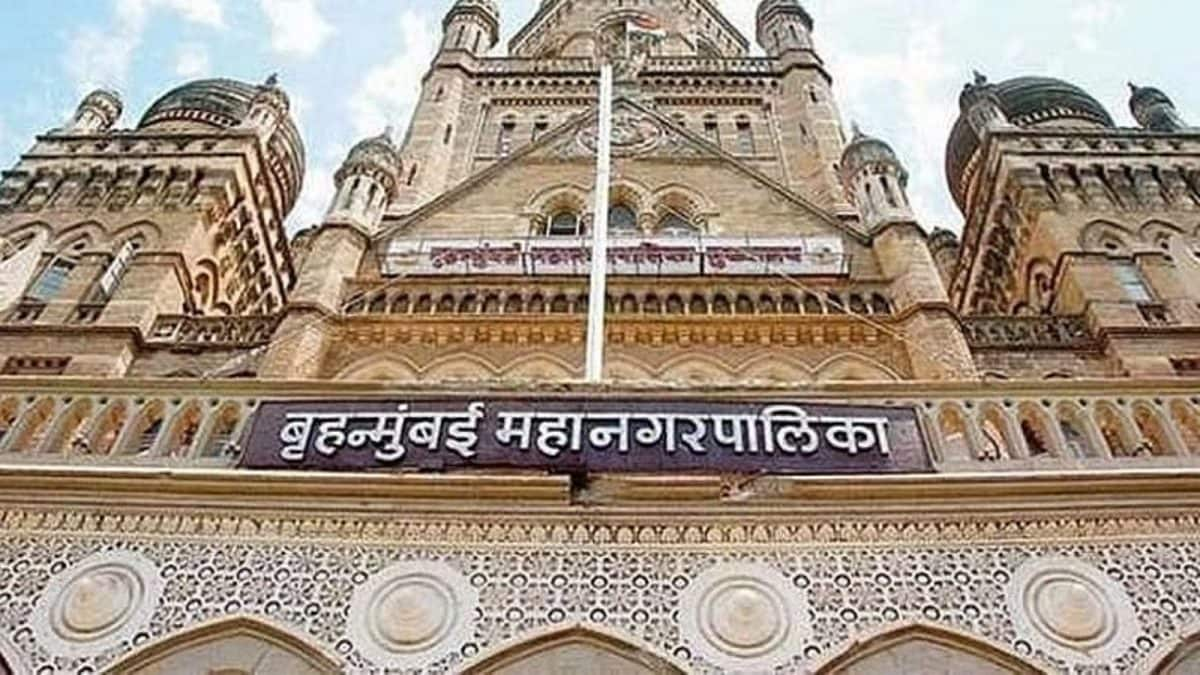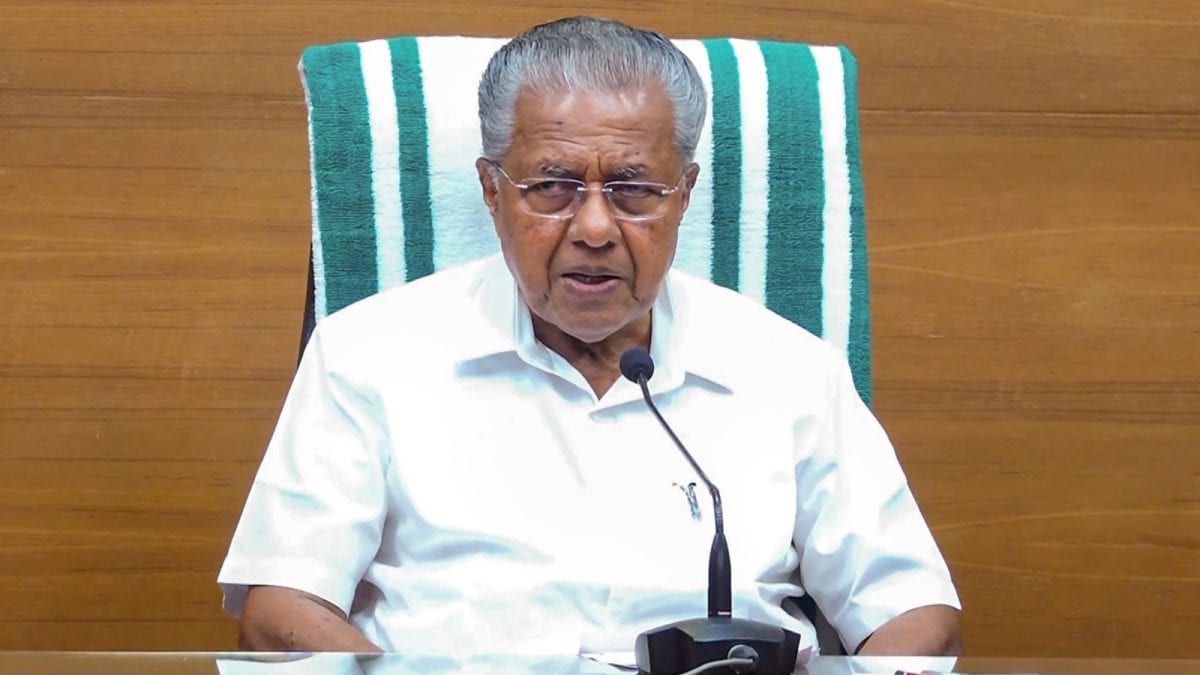Last Updated:
Manual scavenging—cleaning human waste by hand or carrying it manually—was outlawed under the Prohibition of Employment as Manual Scavengers and their Rehabilitation Act

BMC officials stressed that in line with the Swachh Bharat Mission (Urban) guidelines, septic tanks and sewer lines in Mumbai are now cleaned using machines. (PTI)
The Brihanmumbai Municipal Corporation (BMC) has announced a fresh round of surveys to identify manual scavengers in the city and its suburbs between October 1 and October 15. The civic body has appealed to any worker engaged in the hazardous and banned practice to come forward and register themselves at their respective ward offices.
The exercise follows directions from the Union Ministry of Social Justice and Empowerment. A similar survey carried out last year across Mumbai recorded no cases of workers engaged in manually handling human waste. Yet, the BMC is moving ahead with another round to ensure that no one is left out and that the city remains compliant with the law.
Recommended Stories
What is Manual Scavenging?
Manual scavenging, the practice of cleaning human waste by hand or carrying it manually, was outlawed under The Prohibition of Employment as Manual Scavengers and their Rehabilitation Act, 2013. Under the law, anyone employing a person for such work faces up to two years of imprisonment, or a fine of up to Rs 1 lakh, or both.
BMC officials stressed that in line with the Swachh Bharat Mission (Urban) guidelines, septic tanks and sewer lines in Mumbai are now cleaned using machines. “Still, if any worker is engaged in manual scavenging, knowingly or unknowingly, we want to identify them and help rehabilitate them,” an official explained.
Registrations will be accepted at ward offices on working days (Monday to Friday) between 2pm and 5pm. Workers have been asked to meet the Assistant Chief Supervisor (Solid Waste Management) for the process.
Behind this survey lies a larger social question. While the law banned manual scavenging over a decade ago, stories from across India still reveal that the practice exists in pockets, often tied to poverty and caste-linked discrimination. Many workers remain trapped in this demeaning and unsafe work because they see no other livelihood option.
For thousands of sanitation workers employed in municipal or private setups, the distinction is crucial. Most cleaners working in offices, hospitals, or streets are not manual scavengers. Yet, the stigma often tars them all with the same brush. The BMC says this survey is as much about protecting workers’ dignity as it is about implementing the law.
About the Author

Mayuresh Ganapatye, News Editor at News18.com, writes on politics and civic issues, as well as human interests stories. He has been covering Maharashtra and Goa for more than a decade. Follow him at @mayuganapa…Read More
Mayuresh Ganapatye, News Editor at News18.com, writes on politics and civic issues, as well as human interests stories. He has been covering Maharashtra and Goa for more than a decade. Follow him at @mayuganapa… Read More
September 30, 2025, 16:17 IST
Loading comments…
Read More



